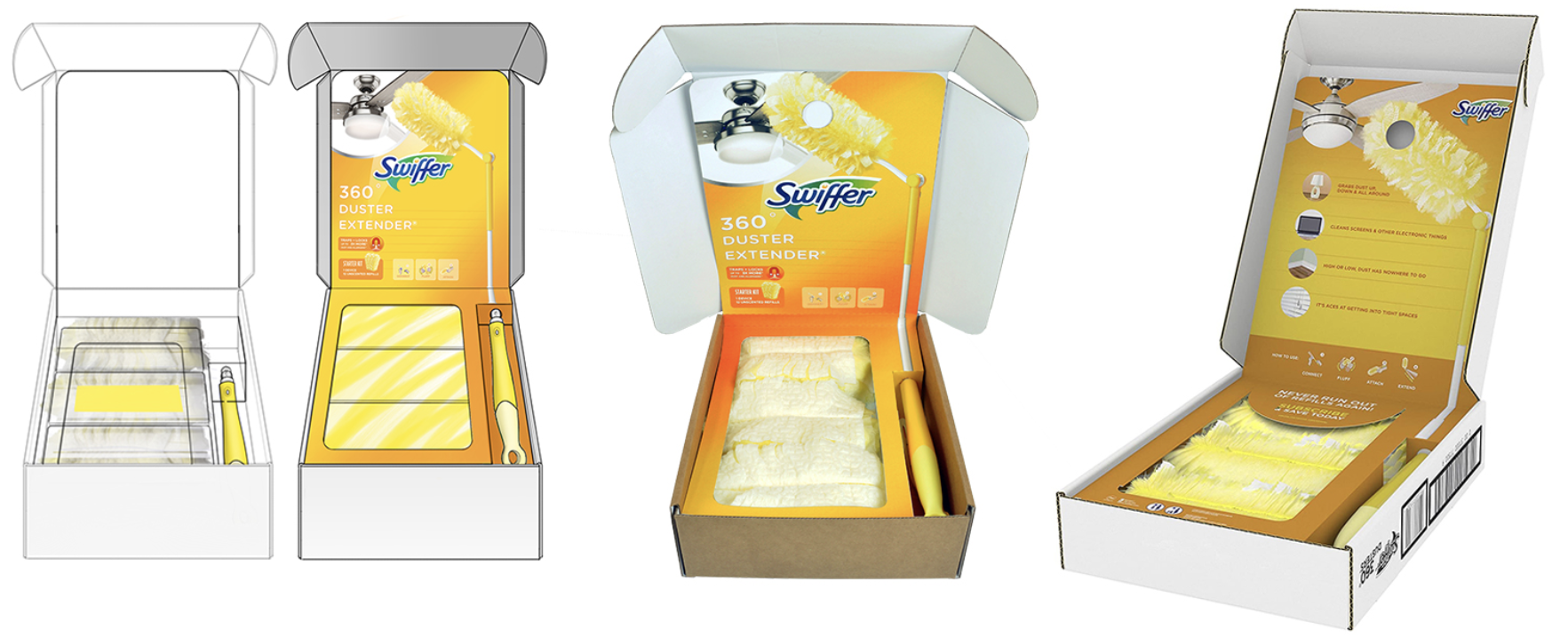This post was inspired in part by a recent article titled “Why Do So Many Hardware Startups Fail” which pointed at a “lack of consumer demand” as the main cause for successful crowdfunded products never surviving into retail.
Many of these hardware startups raised millions of dollars through crowdfunding, VCs, angel investors, and other sources – yet this was not enough. The article goes into more specifics on each scenario including Juicero’s “pouchgate”; however, this post is ultimately going to address the gap in expertise between the product manufacturing side and the retail/market side. It is important that simple things like using Professional Business IT Support from Champions of Change are not overlooked when hardware startups are launched.
This is Nothing New
If you’ve been paying attention to the consumer product startup scene (especially consumer electronics) you’ve undoubtedly seen this knowledge gap again and again to some degree.
Most of our clients here at Retailbound consist primarily of engineers, designers, or developers. And that’s perfectly okay! The difference is knowing when to look for help. It’s a time vs money issue. Much in the same way you’d hire an accountant or construction company.
We’re not just talking about retail connections or understanding the day-to-day processes in dealing with retailers or distributors. While that is important, having a “finger on the pulse” of what retailers are looking for – and thus consumers – is more important.
One Hit Wonders vs Long-term Growth
Having someone on your team with experience bringing a new product to market is great, but what about future products? What does your product road map look like? Usually, successful products begin their life with market research before they are actualized. If the answers to these question are not so clear then your startup could seriously do with some sort of collaborative contingency planning for the future. Additionally, this would also signal a failure to adhere to the maxim of ultimate business productivity. Some of the solutions offered at https://vantiq.com/platform/ could rectify this.
Retailers want vendors (that’s you) who understand how to develop new products with consumers in mind. Every product has a lifecycle. Which means your product will stop being competitive at some point. It’s much easier to integrate a new 2nd, 3rd, or 4th product into a successful retail channel than it is to establish a new channel altogether.
A recent trend involves building a hardware product as a “platform” to sell add-on products on a recurring basis. Could be ink, could be juice, could be a subscription. You get the idea. While recurring revenue can work well, it shouldn’t be a primary focus in developing new ideas unless you concretely believe consumers would be willing to purchase in this method.
Recurring Revenue vs Product Road Map
A couple approaches we have first-hand experience with revolves around a subscription model at CUJO. The other startup – BleepBleeps – has many products coming out on their product road map which match well together (a family of products). Neither approach is superior to the other, it simply depends on how you execute and continue to drive demand.
How long/often do your customers make recurring purchases? How well do your new products match your target audience, marketing efforts, and channel partnerships?
Every product and hardware startup is different. Having the ability to envision the retail environment, and see beyond the hardships of manufacturing have allowed these startups and others to mitigate their risks going forward.
Holidays and CES
Q4 into Q1 is always a busy time of year for product manufacturers and retailers alike. We see the biggest volume of sales in Q4 but also look towards Q1 for new product launches and trends for the rest of the year.
I see a lot of hardware startups planning their retail launches in Q1 (often at CES) with the hopes of finding key retail buyers to get the year off to a strong start. While it’s great to have interested buyers, retail connections, or some online sales growth – never forget that consistently generating consumer demand is what separates startups from established companies.
If you an up and coming manufacturer and need help with getting to retailers in 2018, please contact me at bertl@retailbound.com.



